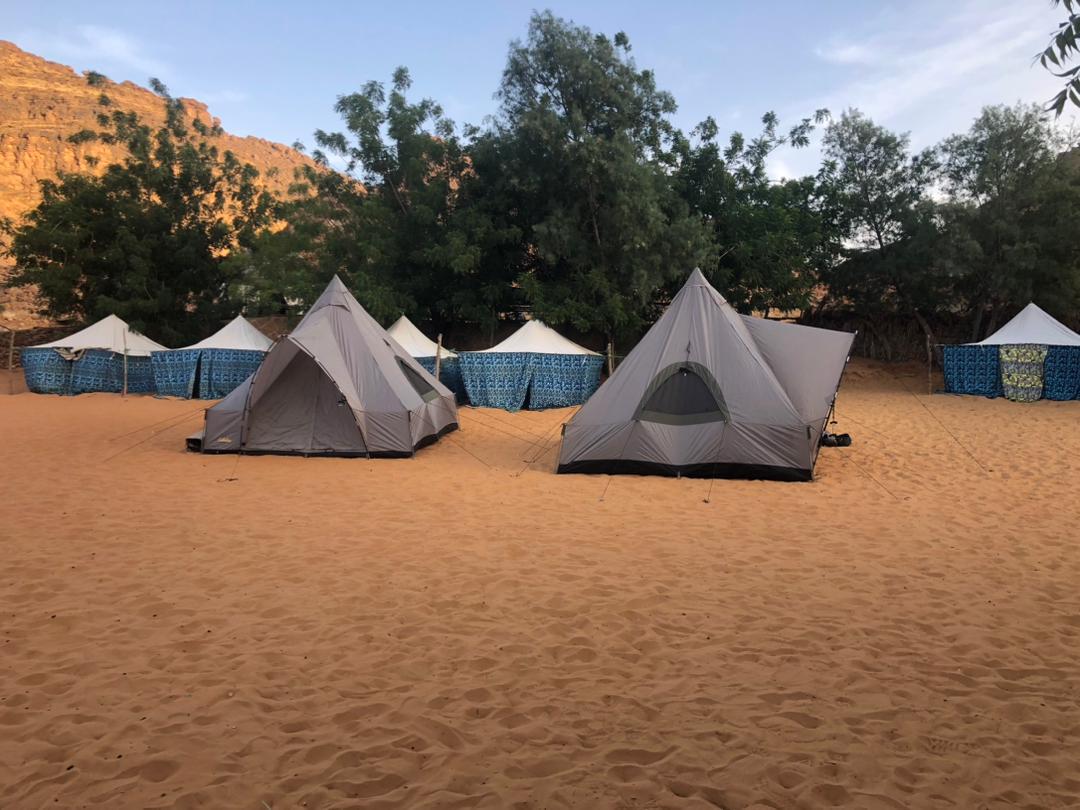
Planning
Traveling to Mauritania can come with many surprises for the unprepared traveler. We’ll break down some of the most important things you need to know when planning your trip.
What to Pack
- Basic first aid kit (bandages, antibiotics, anti-diarrhea, laxatives, pain relievers, etc)
- Bug repellent
- Sun screen
- Sunglasses
- Swimwear
- Clothing for hot and cold weather (from Nov-Feb it can get chilly at night!)
- Flashlights
- Open-toed shoes with a strong sole that provides support — like sandals with secure straps, not flip-flops
- Lighters (for destroying bio waste)
- Sleeping bag
- Canteen or reusable water container (we will provide the water) – do not bring disposable water containers
Riding the Train
For the iron ore train, we recommend packing the following:
- Eye protection–goggles that make an air-tight seal around your face with a strap that goes around the back of your head, and if possible, something with a low tint so that you can see the milky way galaxy clearly at night
- Head covering–something you can wrap around your hair to help reduce iron and sand from drying out your scalp
- Mouth and nose covering–a mask or wrap that covers both your mouth and nose so that you can breathe easily in the dusty air
- Clothing that will cover your entire body–for both night and day you will want to stay covered so that you have warmth at night and are protected from the sun in the day
We will provision the following items for you:
- Water
- Snacks
- A small shovel (for digging up holes for bathroom use)
- A covering to lay on (a large poly mat so that you don’t have to rest directly on the iron)
Electronics
Mauritania uses 210-volt electricity. This is typically not a problem for electronics that have converters included in their cables, as these usually accept a range of 110-240v when converting the voltage down to 12 or 5 volts for lower-power electronics, like phone chargers. Electronics that do not have a converter box on them will need to be checked, mostly for North American travelers where the voltage is 120 volts standard. It’s advised that you bring a travel power converter just in case. Also keep in mind that the plugs use the North African standard, which is identical to European plug types.
Hair dryers are a common exception to electronics due to their high watt requirements. Please do additional research into what is needed to power a hair dryer across varying electrical grids. Due to their power requirements, we do not recommend bringing or using hair dryers unless they are provided by guest houses or hotels on your trip. If you absolutely must use one, please consult with facility managers before using it to prevent injury or fire.
Airlines
There are two major airlines that you can use to arrange travel to Mauritania.
- Royal Air Moroc
Most cost-effective choice, but can sometimes experience delays - Air France
Slightly more expensive but also more reliable
Travel Documents
Passport and travel visa are required. Visas can be obtained in advance from the Mauritanian Government website. Please be advised that they are no longer offered upon arrival at the airport. Visas cost €55 EUR (~$65 USD), and can only be purchased in these specific currencies (Euro or USD) in the form of cash and exact change — they will not provide change if you do not have smaller notes.
Payment Method and Exchanges
Cash is the only accepted form of payment from businesses in Mauritania; they will not accept credit cards. Cash machines (ATMs) only accept Mastercard and Visa card types, and this can only be done in the capital of Nouakchott.
If you need to make currency exchanges, this should always be done in Nouakchott, as the exchange rate goes up drastically once outside the city.
Currency exchange rates
- Exchange rate EUR to MRU
- Exchange rate USD to MRU
- Exchange rate GBP to MRU
- Exchange rate RUB to MRU
Vaccinations
(and COVID-19 Requirements)
At this time there are no required vaccinations for visiting Mauritania. There are also no COVID-19 restrictions concerning testing, etc. You are free to enter Mauritania as you are!
Climate and Seasonality
Sidi Tours organizes tours all year long. Peak heat is in July and August, and this can be unbearable for some travelers. Mauritania has arid heat, so these high temperatures will not feel damp, and are easier to tolerate.
If you are looking for a cooler time to visit, December and January will be your best opening.
European migratory birds flock to the Atlantic coastline beginning in November and ending in early March, so if you are looking to catch some bird watching, the winter season is the best time to visit.